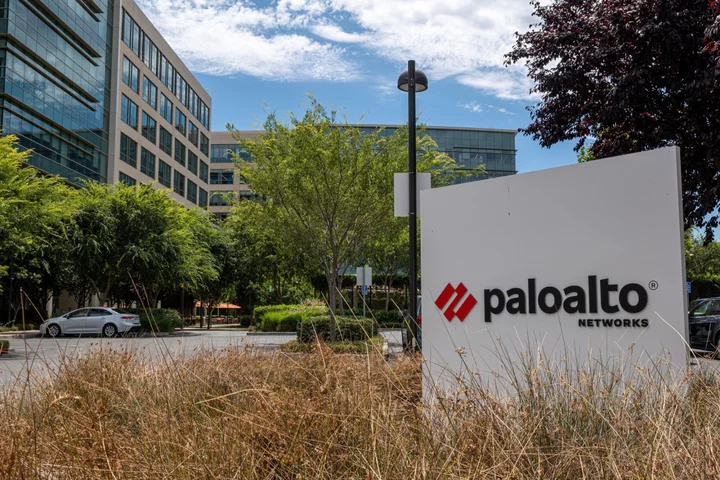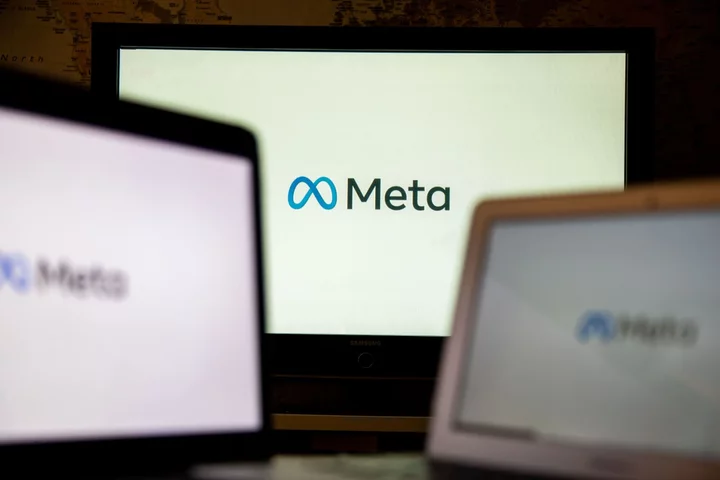Cybersecurity firm Palo Alto Networks Inc. tumbled after missing Wall Street estimates for billings in its fiscal first quarter and lowering its estimates for the full year.
The company said billings were $2.02 billion in the three months ended Oct. 31, and said full-year fiscal billings would be $10.7 billion to $10.8 billion, down from earlier projections of $10.9 billion to $11.0 billion
The shares fell to as low as $226.09, in extended trading, after closing at $256.18 in New York.
Palo Alto shifted its strategy into software over hardware compared to its peer Fortinet Inc., capitalizing on growth from artificial intelligence and cloud computing trends. A number of high profile cyberattacks - most recently Industrial & Commercial Bank of China Ltd. - has reiterated the importance of cybersecurity even as technology budgets shrink.
“An unprecedented level of attacks is fueling strong demand in the cybersecurity market,” said Chief Executive Officer Nikesh Arora in a statement.
Total revenue for the fiscal first quarter was $1.88 billion, just above analysts’ estimates of $1.84 billion.
Investors were concerned after Fortinet Inc. gave a disappointing outlook for revenue earlier this month, thinking the fallout would bleed into Palo Alto. Fortinet, CrowdStrike Holdings Inc. and Zscaler Inc. all fell after Palo Alto reported earnings.
Palo Alto Networks Chief Financial Officer Dipak Golechha attributed the company’s disappointing billings to “the cost of money.”
Arora told analysts on a call that “customers significant focus on this topic is becoming the new normal. The way it manifests itself in our businesses that there’s always a payment in duration discussions and finally negotiations.”
The Santa Clara, California-based company recently pursued an aggressive deal strategy to expand data security capabilities. The company acquired Israeli startups Talon Cyber Security Ltd. and Dig Security Solutions Ltd., totaling over $1 billion in M&A spending.
Palo Alto said it expects billings in the second fiscal quarter of $2.34 billion to $2.39 billion, also falling short of Wall Street targets.
(Updates with additional information throughout.)









